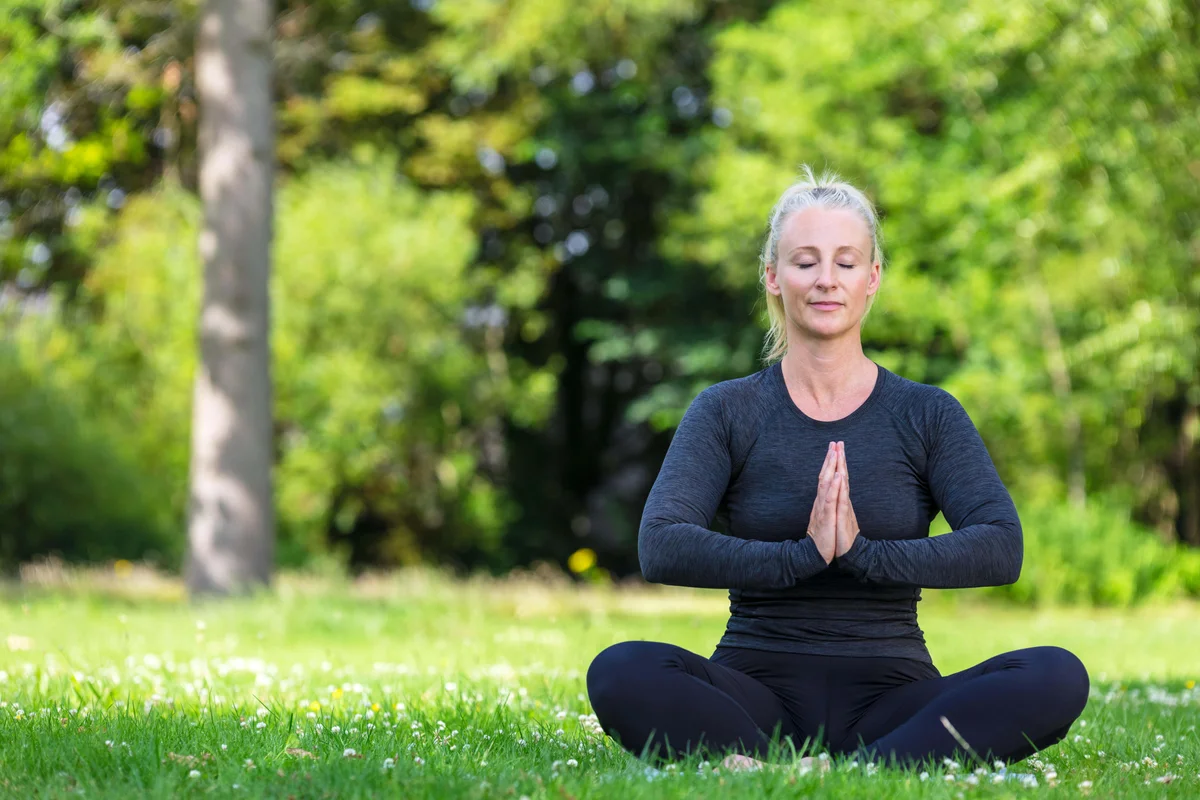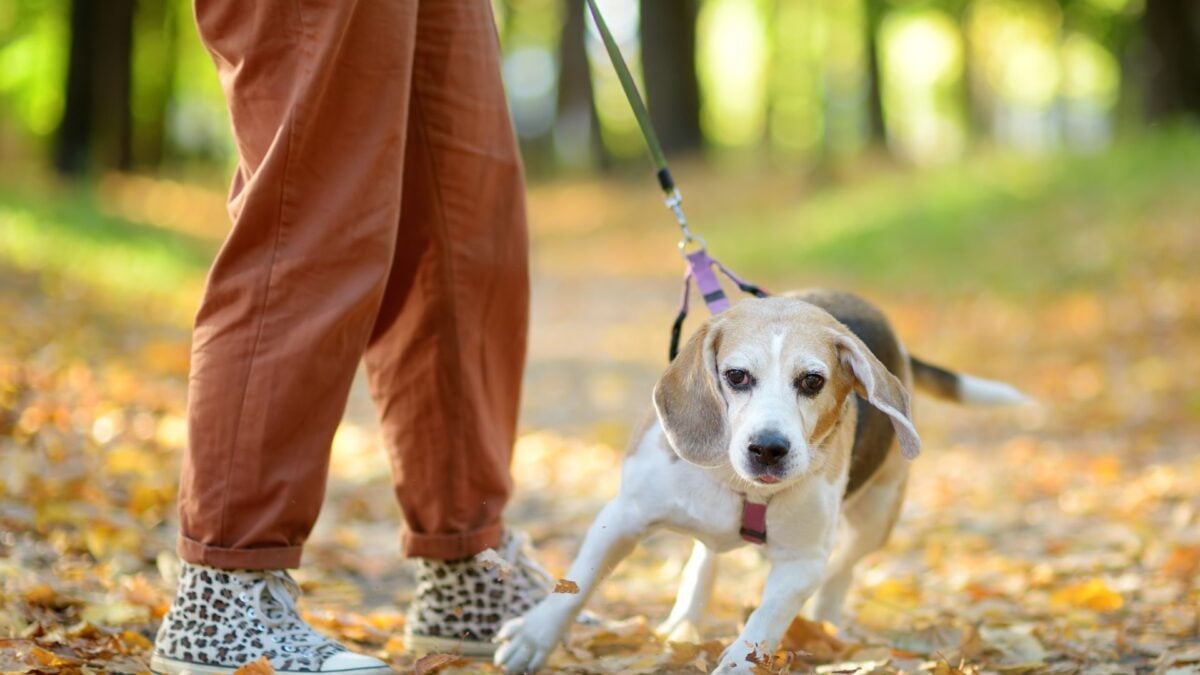By Camilla Foster
Copyright independent

Social media is flooded with adverts for so-called ‘magical’ products promising to ease menopause symptoms for good, but are there some simple, everyday habits that we are overlooking?
Ahead of World Menopause Day (October 18) we spoke to Dr Claire Phipps, GP and BMS (British Menopause Society) menopause specialist at London Gynaecology, who highlighted that while everyone’s experience of menopause is unique, the following eight easy health changes could help support you through the journey.
1. Practise good sleep hygiene
Menopause can impact your sleep in many ways, from night sweats to bladder instability, so it’s important to practise good sleep hygiene.
“From a lifestyle wellness perspective, really good sleep hygiene is probably the first and best evidence-based way to help,” says Phipps. “So, that’s things like making sure you’re in a cooler room, you have got cooler clothing on, have got cooler bed linen and are making sure that you’re not using your phone late at night etc. Work out what is affecting your sleep and really hone in on that.”
2. Reduce your caffeine and alcohol intake
“Try to reduce the amount of caffeine you’re drinking because that can not only impact symptoms, but can also keep us awake at night in a way that it might not have done in our 20s and 30s,” says Phipps. “Alcohol can also bring on the hot flashes and night sweats, and it can also make our anxiety worse.
“We are also less good at actually processing alcohol as we get older, so it’s good if we can reduce our intake a little bit.”
3. Drink more water
“Hydration is really important because if we are having multiple hot flushes and are experiencing dryness, we can get dehydrated pretty quickly,” says Phipps. “So, it’s really important to maintain hydration.”
4. Eat a balanced diet
“Think about a balanced diet,” advises Phipps. “The foundation pillar of any menopause care before you get to any doctor is thinking about your nutrition and your movement. If we can optimise those things, menopause symptoms can often improve, sometimes temporarily and sometimes in the long-term.
“Really focus on whole foods, like brown carbohydrates, lots of fruit and lean protein. Think about the Mediterranean diet.”
5. Increase your calcium intake
Menopause can have a big impact on our bone health, so Phipps recommends upping your calcium intake.
“Make sure that you’re getting enough calcium in your diet as it’s one of the things that many of us are lacking,” says Phipps. “The main source of calcium comes from dairy like your dairy milks and cheeses. If you’re vegan, obviously it’s slightly harder to get, but you can get calcium in some fortified plant-based milks and leafy greens as well. Oily fish is also a really good source of calcium to support bone health.
“There’s a great website called the Calcium Calculator, which calculates how much calcium you’re getting in diet, and most of us fall way short of what we should be getting.”
6. Practise self-care
“Remember that we need to make some time for ourselves for self-care,” says Phipps. “We need to be able to make sure that we’re having some joy so that we build up those happy hormones.”
7. Stay active
“The key thing is movement, because when we move we increase our happy hormones,” says Phipps. “Not only will exercise help protect our muscles and our bones, it can also help increase our sense of calm and happiness.
“Strength and resistance training is particularly great for bone health and aerobic exercise in some form, even if it’s just really brisk walking, is also good as it helps improve your heart health. It will also help with weight management which can really tricky at the time of menopause. Things like yoga and Pilates are also really fantastic as well.”
8. Try some movement hacks
If a vigorous workout isn’t for you, Phipps recommends trying out some ‘movement hacks’.
“If you are new to exercise, don’t start anything that’s really high intensity and is going to make you dread it. Instead try some movement hacks,” advises Phipps. “For example, if you’re sitting down at quite a sedentary job all day, make sure you’re getting up frequently and maybe see how many squats you can do when you’re boiling the kettle. You could also try and go up and down the stairs a few more times than you would normally.
“Incorporate something that fits into your lifestyle, and that you can do five to 10 minutes a day, rather than feeling like you have to go to the gym or do a workout class.”



